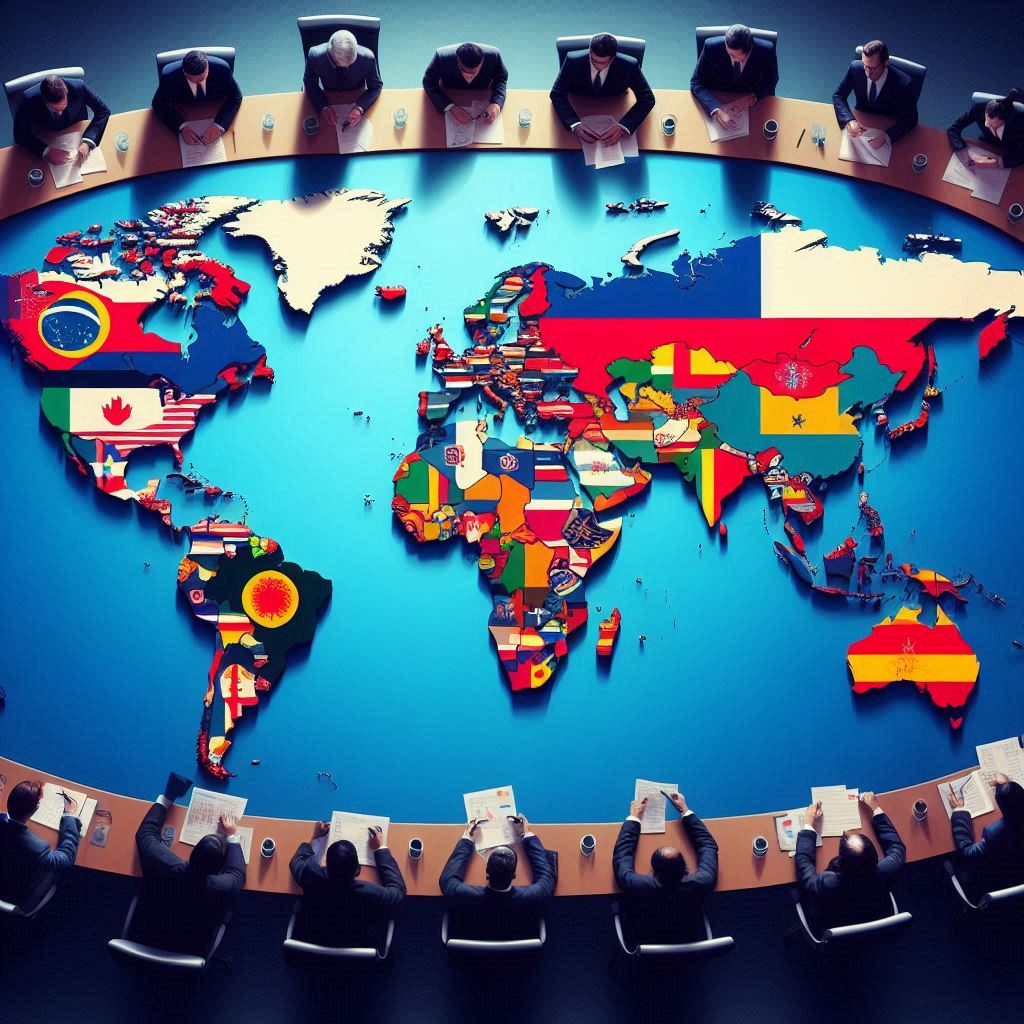Political broadcasters play a crucial role in cautioning the public about governmental events, policies, and growths that shape our world. As analysis and ears of the public, they work in a assortment of settings to disclose and report on the political landscape. This item delves into the dynamic workplaces place political journalists boom, shedding arrive the diverse and impactful backgrounds where news jobs in political reporting unfold.
- Newsrooms: Traditional newsrooms are a prevalent hub for political reporters. They work closely accompanying editors, producers, and fellow broadcasters to cover breaking news, resolve political events, and transfer timely reports to all.
- Print Publications: Newspapers and magazines provide podiums for political reporters to write in-depth items, op-eds, and investigative pieces that investigate political issues, policies, and studies.
- Television Studios: Political journalists frequently find themselves in television studios as anchors, correspondents, or panelists. They help news programs, talk shows, and committee discussions, sharing their intuitions and analyses accompanying the audience.
- Radio Stations: Radio broadcasts remain a lively source of governmental news and analysis. Political commentators engage hearings through commentary, interviews, and live reports on political happenings.
- Online News Portals: In the digital age, connected to the internet news portals offer a principle for political reporters to publish articles, videos, and combined use of several media content. They cover political occurrences, offer analyses, and engage accompanying readers through comments and analyses.
- Press Conferences: Political journalists attend press colloquiums hosted by management officials, politicians, and public figures. They question and report on the statements and announcements created during these occurrences.
- Parliament and Legislative Bodies: Political journalists cover sessions and debates in legislature and legislative materials. They report on policy discussions, bill deliberations, and governmental maneuvers.
- Political Campaigns: During election seasons, governmental journalists follow governmental campaigns, attending rallies, talks, and events to provide inclusive coverage of the nominees’ messages and strategies.
- International Conferences: Political broadcasters may cover worldwide events, summits, and conferences place political chiefs from different countries draw to discuss worldwide issues and policies.
- Think Tanks and Research Institutions: Some political broadcasters work in remember tanks and research institutions, where they conduct painstaking analyses, research, and tactics studies that contribute to informed governmental discussions.
- Public Policy Organizations: Political broadcasters collaborate with law affecting the public organizations to report on tactics initiatives, advocacy exertions, and the impact of government resolutions on society.
- Press Offices: In government press departments and public relations areas, political journalists work as spokespersons or ideas specialists, dream up and disseminating official statements and reactions.
- International Correspondents: Some political commentators work as international correspondents, reporting on governmental events, conflicts, and politic relations from different parts of the planet.

Whether in newsrooms, broadcast studios, connected to the internet platforms, or on the field, political broadcasters play a pivotal duty in shaping public understanding of politics. Their devotion to uncovering the honesty and delivering accurate facts ensures that inhabitants are well-informed about the political countryside that influences their lives. As the media countryside evolves, the opportunities for radio jobs in governmental journalism continue to extend, offering various and impactful settings for commentators to make a difference.



